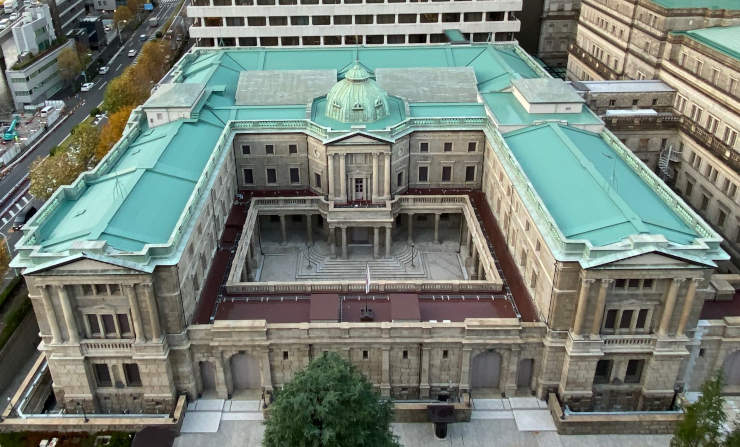文字のサイズ
- 小
- 中
- 大
The Bank of Japan has decided to reduce its purchases of government bonds. But details were carried over to the next session
Last week, the market went from 157 yen to around 155.75 yen after US CPI fell far short of expectations.

However, the hawkish FOMC returned it to ¥157.31, but the dollar plunged again to around ¥156.60 after PPI core index was 0.0% MoM (forecast +0.3%) and initial jobless claims were 242,000, higher than the forecast of 225,000. The market was happy and sad with each release of the index.
The FOMC has already indicated that it will cut interest rates once this year, so selling the dollar on PPI is likely to force a buy-back.
On Friday, the Bank of Japan’s policy meeting was held, and attention was focused on the size of the reduction in JGB purchases, but the detailed plan was carried over to the next meeting. The disappointment caused by this dovish stance saw the dollar rise from the low 157s to 158.25 yen, but the dollar fell sharply to the low 156s in European hours as investors pulled out of carry trades on the back of the political crisis in France.
In France, four small left-wing parties have decided to form an alliance, and the ruling centrist alliance may suffer a devastating defeat. There is still time before the elections, but President Macron’s gamble is likely to backfire: the possibility of far-right parties taking control in the EU’s core France is growing, and French government bonds are being weighed down, with the Franco-German 10-year spread widening to 0.8%, a level not seen since the European crisis.
Has the euro entered a new downtrend? The euro-dollar market has been stalemated so far, so there is considerable downside potential from here. The dollar should be seen as strong as a result.






